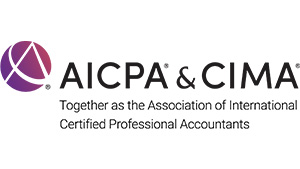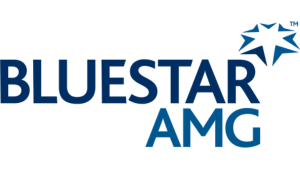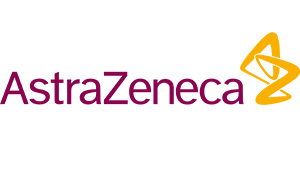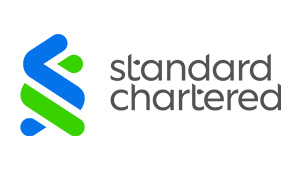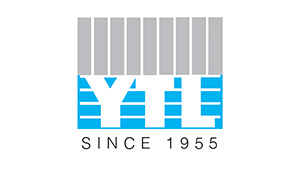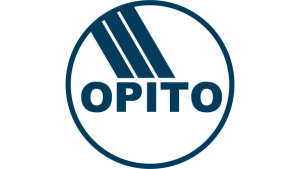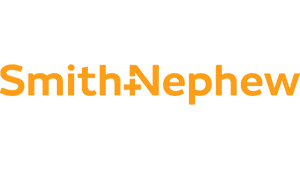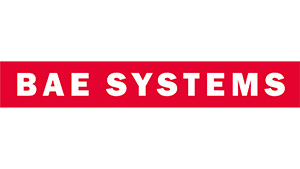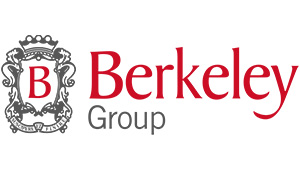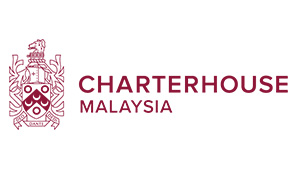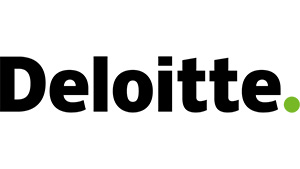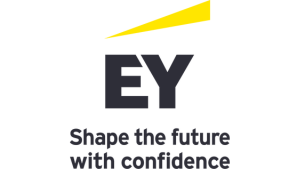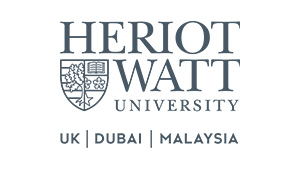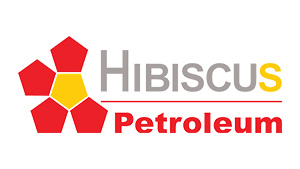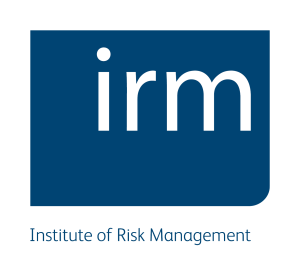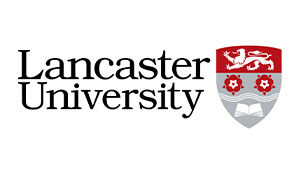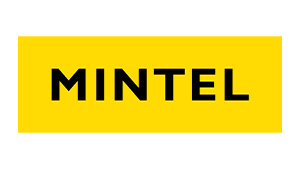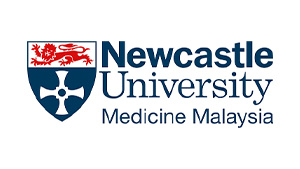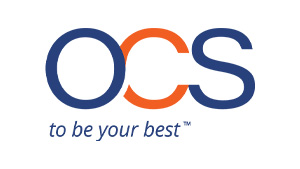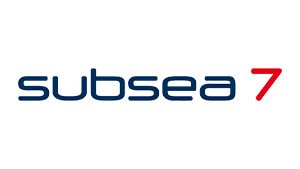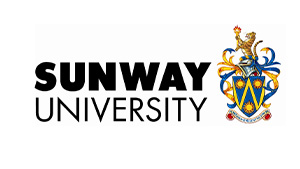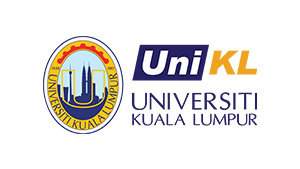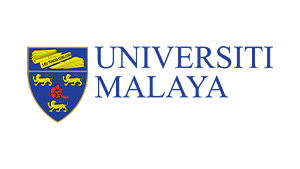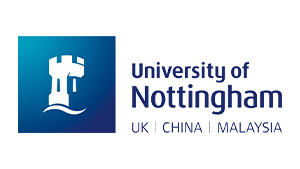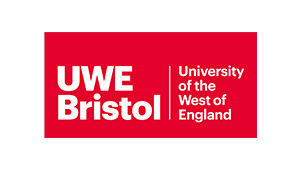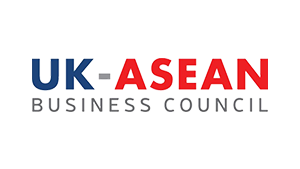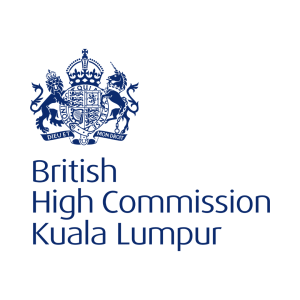University of Nottingham | Climate Action Pledge Report


University of Nottingham Malaysia (UNM) signed the BMCC Climate Action Pledge in October 2021. In signing the pledge, UNM made three specific commitments.
1. Our organisation will include Climate Action as one of the key agendas in the organisation where a committee led by a member of the Board of Directors or Senior Management will report to the Board / Senior Management on its progress.
2. Our organisation will conduct a series of training sessions (at least three) for our employees to socialise the subject matter, embed these processes internally and build capacity and skills to implement our climate-related goals.
3. Our organisation will organise / co-organise at least one climate action event related to our industry to raise awareness about climate actions and share best practices among our industry, partners and clients.
Here we report briefly on progress made in meeting these three commitments over the 12 months since our previous (second) update report to BMCC in November 2023.
Climate Action as a Key Agenda
In 2022, UNM published a new five-year Strategic Plan. Within this plan, one of six core themes is Environmental Sustainability (ES). An ES Executive Committee, reporting directly to UNM’s Management Board, was formed in 2022 to oversee the delivery of our ES plan.
Our ES plan articulates an ambition to reduce greenhouse gas (GHG) emissions, and in the past year, several concrete actions have been taken towards this goal. This includes a completed project to quantify UNM’s GHG emissions for the first time, using 2023 as our baseline year. UNM’s total GHG emissions for Scopes 1 and 2 are dominated by consumption of grid electricity. Further emissions were calculated for several Scope 3 categories, though additional work will be needed for a comprehensive quantification of Scope 3 emissions.
A second, related project within the past 12 months involved the campus-wide deployment of smart electricity metering to better enable energy (and carbon) efficiency and saving interventions. We continue to assess options for increasing our generation and consumption of solar electric power, which will be another important means to reduce GHG emissions.
Additionally, in 2024, the first electric vehicle (EV) charging stations were installed on our campus, contributing to the infrastructure needed in Malaysia to encourage adoption of EVs and reduce transport-related GHG emissions.
Climate Action Training Sessions
As a university, our students comprise up to 90% of our community. As part of UNM’s effort to prepare students for impactful careers incorporating climate action, UNM has continued to deliver a “Climate Action in Malaysia” module within our Nottingham Advantage Award. This module has been completed by more than 100 students from a wide range of disciplines.
Staff are also routinely exposed to climate action and broader sustainability events and materials through our core teaching and research activities, helping to socialize the subject matter at UNM.
To build our technical capacity and skills, several specific training sessions have been held for staff in the past 12 months, including:
- A talk open to all staff (and students) by Dr. Sarah Connors, Head of the Science Team for the Working Group I of the UN’s Intergovernmental Panel on Climate Change (IPCC), who recently oversaw the IPCC’s Sixth Assessment Report. This talk covered the IPCC process and provided an overview of key scientific findings from the latest IPCC reports.
- A climate action awareness session to share findings on UNM’s baseline greenhouse gas emissions, quantified for the first time within the past 12 months. This included a briefing by a consultant working with us on the process and methodology for quantification.
- Two workshops in collaboration with an industry partner, a Singapore-based company with a presence in Malaysia that specializes in carbon footprint measurement, decarbonization strategies, and ESG services. These workshops focused on topics such as carbon footprint assessment, Scope 3 emissions, and real estate standards, providing our academics with valuable insights and practical tools.
We continue to explore options for more formal staff training in sustainability and climate action in partnership with colleagues at Nottingham’s UK campus.
Climate Action Events
One of UNM’s major infrastructure investments within the past 12 months is a flood remediation solution aimed at mitigating increasing climate risks for on-campus residential blocks and neighboring communities in the Taman Tasik Semenyih (TTS) area. Designed as a long-term solution to flood threats impacting the UNM campus and TTS community, West LAKE has been developed to upgrade existing drainage systems, ensuring the campus is resilient to future increases in rainfall.
West LAKE (‘Liveable Area for Knowledge Exchange’) was formally launched at an on-campus event in October 2024. Its name reflects its multipurpose design as a hub for intellectual collaboration, learning, and community engagement, reinforcing the university’s commitment to fostering innovation and knowledge sharing.
The cross-disciplinary project to develop West LAKE involved government and local council stakeholders such as the Department of Irrigation and Drainage (JPS) at both Selangor state and Hulu Langat district levels, the Kajang Municipal Council (MPKj), and the Persatuan Penduduk Taman Tasik Semenyih (PPTTS). All these stakeholders were represented at the launch event.

